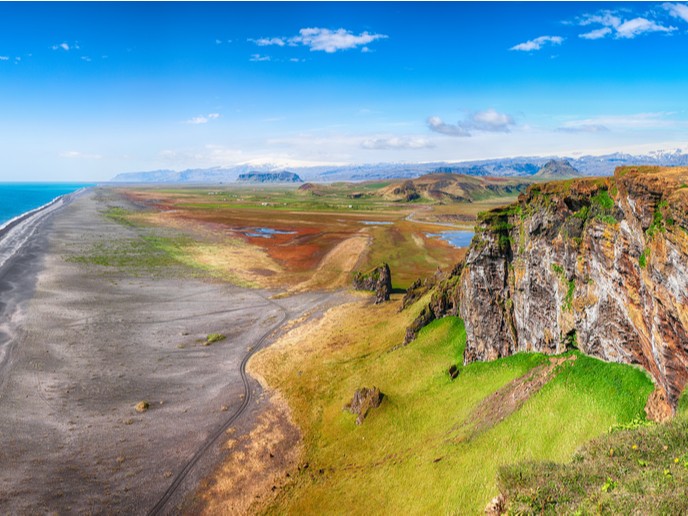Supporting resilience in rural communities to face life-changing challenges
Rising urbanisation, poverty, climate change, and natural hazards like floods, hurricanes and earthquakes are some of the factors affecting rural livelihoods. Vulnerable communities are less able to confront such challenges, but a lot could be done to enhance their resilience to better cope with life-changing events and stressful conditions. Enter the EU-funded RURITAGE project, whose heritage-led strategies are helping rural areas build resistance and flexibility to tackle and adapt to difficult situations. RURITAGE is developing a new model for the regeneration of rural areas within the EU and beyond. As noted in a news release by project partner UNESCO, RURITAGE’s selected rural territories continue reviving and invigorating themselves using cultural and natural heritage as a key approach for sustainable development, economic growth and social inclusion. “Resilience is one of the 6 Systemic Innovation Areas (SIAs) through which a region’s unique potential is identified,” the news release states. “A strategy based on heritage traits enhances the chances of a community to restore their vital conditions quicker, building resistance and flexibility not only economic-wise but also related to the people’s morale when faced with the unpredictability of disasters, such as hurricanes, floods and earthquakes,” it adds. Other SIAs in RURITAGE are pilgrimage, sustainable local food production, art and festivals, integrated landscape management and migration.
Prevention and preparation
The same news release highlights two role models (RMs): Katla UNESCO Global Geopark in Iceland and Psiloritis UNESCO Global Geopark in Crete, Greece. RMs bring into the project their knowledge, experiences, good practices and actions. Their insights are then transferred into other territories – RURITAGE replicators – that tailor and implement the successful strategies that have been identified in the RMs. Katla UNESCO Global Geopark is located on the Eastern Volcanic Zone, one of the most active volcanic areas in Iceland with great geological heritage value. The news release summarises Katla’s actions aimed at raising awareness of natural hazards. “By making use of landscape storytelling, merging holistic concepts of protection, education and sustainable development, Katla created a network of governmental agencies that provide guidance and assistance to the local population, teaching prevention and safeguard strategies, as well as promoting the local culture by placing a strong emphasis on nature tourism.” Like Katla, Psiloritis UNESCO Global Geopark offers a rich geodiversity and heritage. The news release notes that together with the Natural History Museum of the University of Crete, Psiloritis UNESCO Global Geopark organises various daily educational activities. Training programmes and tools such as the earthquake simulator, seismometer, educational suitcase and tsunami generator focus on natural hazard mitigation strategies. The ongoing RURITAGE (Rural regeneration through systemic heritage-led strategies) project has also used the concept of social simulation as part of its objective to enhance local heritage for regional and community development. A news item on the project website refers to a game involving Ruritania, “a fictitious rural area that is famous for its cultural heritage, found in a pilgrimage route and famous vineyards, as well as its outstanding natural heritage. Meanwhile, it faces twin problems of depopulation and migration. Located in a river valley, it’s also prone to flooding.” According to the news item, RURITAGE consortium members “had to figure out how to use these heritage objects to develop the area in a sustainable way.” For more information, please see: RURITAGE project website
Countries
Italy



